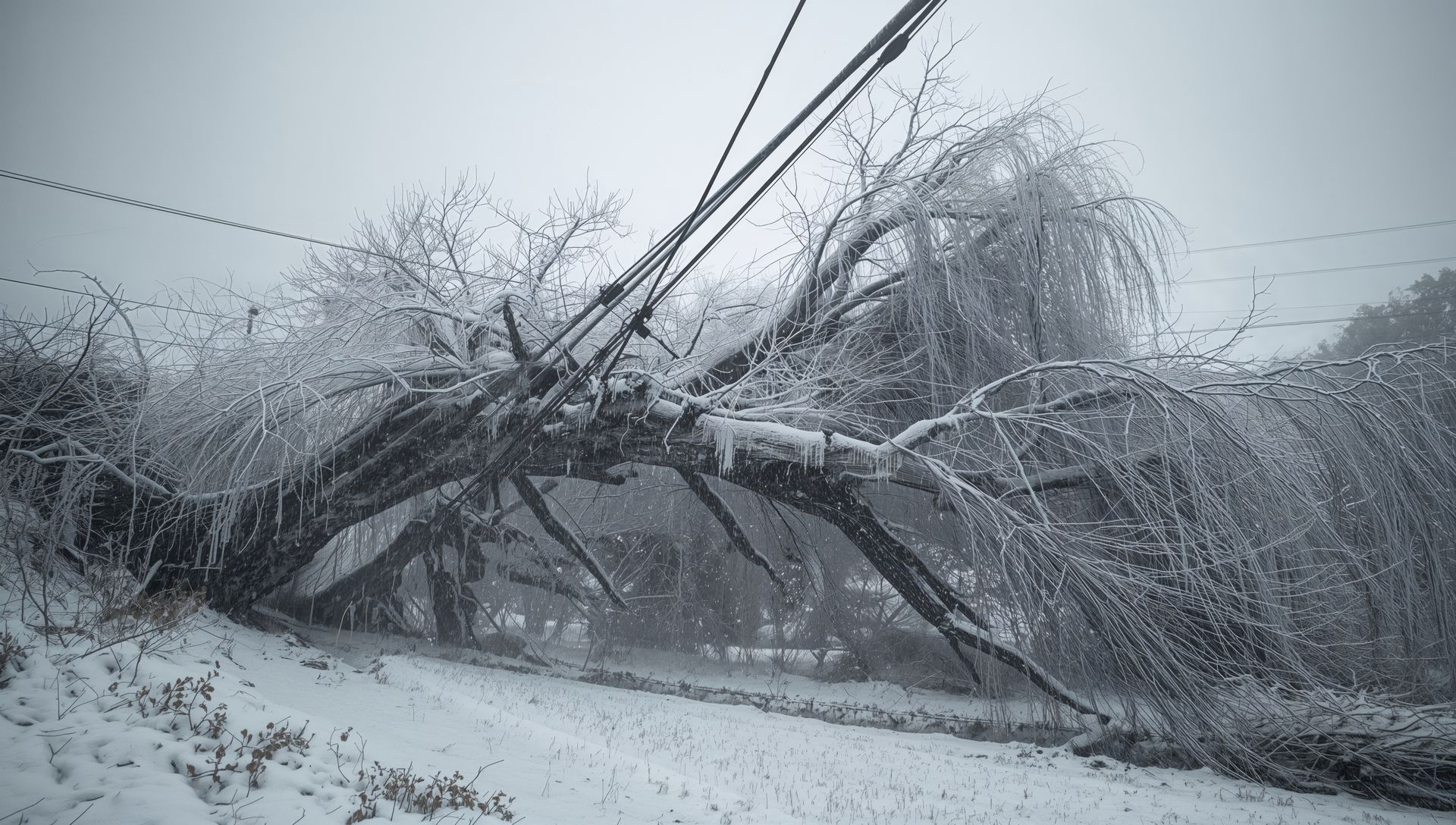Transitioning and Such

The phone rang (as phones are prone to doing—especially around here) and the director answered. On the other end of the line was a hospice nurse in Atlanta, Georgia.
Nurse: “I’m calling to let you know we have a patient who is transitioning and the family wishes to use your facility.”
Director: “All right.
“Wait . . .
“What?”
I’ve been here almost 40 years and, to the best of my recollection, we’d never heard the word “transitioning” used to describe the act of dying, and no, he didn’t actually say that, but it was exactly what went through my head when I first heard the story. If you think about it, it makes perfect sense. Sorta. But something else it did was to provide the subject matter for a conversation with my husband and our daughter and son-in-law over supper one Sunday evening. Those are always good things and rarely ever productive.
I mentioned the call and my husband, the director who actually answered the phone, filled in the details. That, in turn, led to other recollections of ways to describe Death without actually using the D word. First up was Ernest Goes to Jail when Ernest P. Worrell learns he’s been sentenced to death row and he’s trying to wrap his mind around what that will eventually mean.
“. . . it’s over pal, you’re outta here bub, the groundhog’s are bringing you your mail, you’re picking turnips with a step ladder . . .”
That, in turn, led to fond remembrances of the Dead Parrot sketch by the comedic group, Monty Python. In this particular sketch, a gentleman returns to the pet shop where, not 30 minutes before, he purchased a Norwegian Blue Parrot that he has since determined was clearly deceased at the time. Despite all his efforts to convince the owner the parrot has departed and was in that condition at the time of purchase, the owner refuses to acknowledge this rather permanent condition, instead insisting the parrot is just resting or possibly pining for the fjords of Norway. The customer, having reached the absolute peak of frustration, lets loose with the following tirade (kindly keep in mind, the gentleman in question is British and, as such, tends to drop his Hs):
‘E’s not pinin’! ‘E’s passed on! This parrot is no more! He has ceased to be! ‘E’s expired and gone to meet ‘is maker! ‘E’s a stiff! Bereft of life, ‘e rests in peace! If you hadn’t nailed ‘im to the perch ‘e’d be pushing up the daisies! ‘Is metabolic processes are now ‘istory! ‘E’s off the twig! ‘E’s kicked the bucket, ‘e’s shuffled off ‘is mortal coil, run down the curtain and joined the bleedin’ choir invisible!! THIS IS AN EX-PARROT!!”
I have to say, there are a few truly creative manners of death description incorporated into that rant. “He’s a stiff! Bereft of life . . . His metabolic processes are now history . . . run down the curtain and joined the bleedin’ choir invisible . . .”
Of course, we’ve encountered our fair share of attempts at avoiding actually saying someone has died, the most common being they expired or they were lost. Whenever we hear that terminology we think of magazine subscriptions (wouldn’t it be nice if we could renew a person as easily as we can a periodical?) or organizing a search party (if someone is lost don’t you generally look for them?).
But if we listen closely we realize every term just listed, from Ernest’s to our own, is someone’s effort at softening the reality of Death (with the possible exception of the ones in the Dead Parrot sketch which were clearly meant to convey the parrot’s failure to thrive). Unfortunately, no matter how you say it, whether someone has expired or passed on or left us or gone to Heaven—or even completed their transition—the devastating truth remains the same. They are not here. And here is where they should be. And no matter what phrase or terminology you use to describe the act of dying or the state of having died, it will not lessen the pain their death leaves behind.
The post Transitioning and Such appeared first on Shackelford Funeral Directors | Blog.












